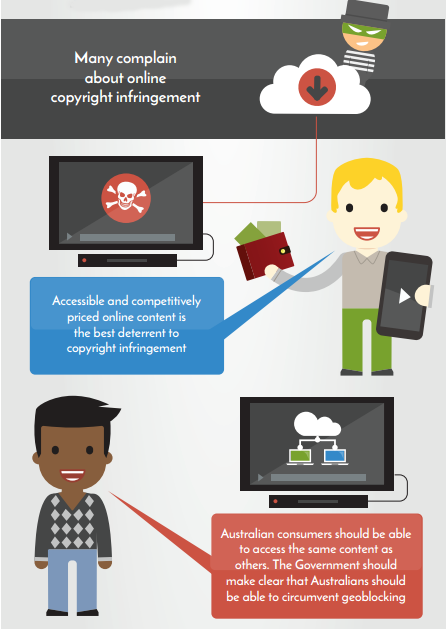 There are very few Internet service providers around the world who could be described as file-sharer friendly. Most will steadfastly do their bare minimum when aggressive copyright holders come calling, with the majority happy to throw their customers to the wolves, guilty or not.
There are very few Internet service providers around the world who could be described as file-sharer friendly. Most will steadfastly do their bare minimum when aggressive copyright holders come calling, with the majority happy to throw their customers to the wolves, guilty or not.
The same cannot be said about Swedish ISP Bahnhof. CEO Jon Karlung has been at the forefront of several arguments over file-sharers for many years, particularly when their activities intersect with a right to privacy.
In 2009, Karlung threw a wrench in the works of the Intellectual Property Rights Enforcement Directive (IPRED) by refusing to log the IP addresses of his customers. This meant that if a court came calling for the data, none would be available.
In 2011, Karlung was pleasing the masses again, this time by hosting Wikileaks and promising to route all customer traffic through an encrypted VPN service. And in April this year the Bahnhof CEO vowed to protect his customers from copyright trolls.
Now Karlung has turned his attentions to the Swedish government following an open hearing at the end of last month on the subject of piracy in the digital marketplace.
The published purpose of the hearing was to “share knowledge and gain a greater insight into how piracy and other infringements of intellectual property affects both businesses and consumers and society in general” but it appears Karlung was not impressed.
Servers at Bahnhof
Writing in Sweden’s SVT, Karlung said that the meeting was attended by representatives from the film and music industries who sat alongside police and politicians. He says that the atmosphere was good, with everyone in agreement.
“For several hours they repeated, with rising fighting spirit, the same message again and again: ‘We need to block illegal sites! We must strengthen penalties!’,” the Bahnhof CEO reports.
Eventually Sweden’s Minister for Justice took the floor and told those assembled that “theft is theft!” while championing tougher penalties for infringers. He also noted that his first meetings after he took over as attorney general had been with the film industry. This appears to have riled Karlung.
“It is symptomatic that no Internet service provider was invited to the meeting – or anyone else with a broader understanding of digital conditions,” he explains.
The Bahnhof CEO says the exchange reminded him of 2008 when he attended a meeting in Sweden’s Parliament on the topic of file-sharing. Back then too, a politician stood up, declared that “theft is theft”, and left without discussing the issue with the ISP. For Karlung, history is repeating itself.
“In 2016, Sweden wants to criminalize hundreds of thousands of citizens for file-sharing. Now?! When large parts of the film and music industry have already adapted to the digital landscape with services such as Spotify and Netflix?” he questions.
“Consumers are apparently willing to pay. How about adding resources to develop the right services instead of taking a large sledgehammer to the free Internet?”
Karlung says that Sweden used to be at the forefront in that respect, but things have changed.
“Now we are internationally renowned as a place where courts prohibit public art from being shared online,” he explains.
Whether Karlung’s words will have any effect on government policy will remain to be seen but in any event it is extremely rare for the CEO of an ISP to make his voice heard in the way Karlung has for the past several years. Certainly, privacy conscious customers could do worse than check out this ISP.
Source: TF, for the latest info on copyright, file-sharing, torrent sites and ANONYMOUS VPN services.


 After many years of targeting the operators of pirate sites, Dutch anti-piracy outfit BREIN is now turning up the pressure on some of the more prolific online file-sharers.
After many years of targeting the operators of pirate sites, Dutch anti-piracy outfit BREIN is now turning up the pressure on some of the more prolific online file-sharers. Back in January the Federal Communications Commission (FCC) drew attention to a consumer-unfriendly situation in the United States which forces millions of cable TV viewers to access content through devices offered by their providers.
Back in January the Federal Communications Commission (FCC) drew attention to a consumer-unfriendly situation in the United States which forces millions of cable TV viewers to access content through devices offered by their providers.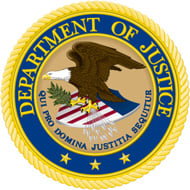 Assisted by police in France and the Netherlands, in the summer of 2012 the FBI took down three unauthorized Android app stores.
Assisted by police in France and the Netherlands, in the summer of 2012 the FBI took down three unauthorized Android app stores.
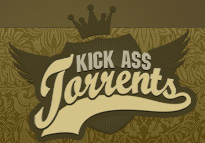
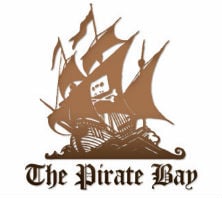 With infrastructure often spread around the world and multiple domains in backup, shutting down access to torrent and streaming sites can be a complex affair. Even when national legal systems provide the necessary tools, the process can be extremely drawn out, not to mention ineffective.
With infrastructure often spread around the world and multiple domains in backup, shutting down access to torrent and streaming sites can be a complex affair. Even when national legal systems provide the necessary tools, the process can be extremely drawn out, not to mention ineffective. On April 21 the world lost one of its greatest musical icons. Aged just 57, Prince
On April 21 the world lost one of its greatest musical icons. Aged just 57, Prince 
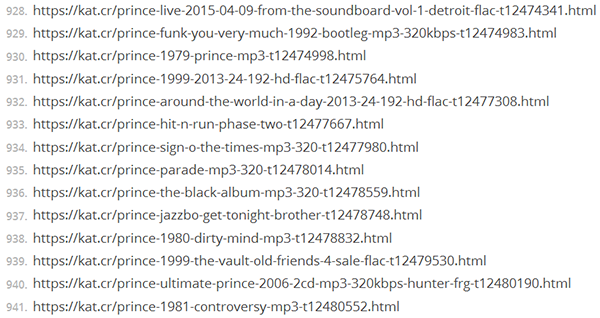
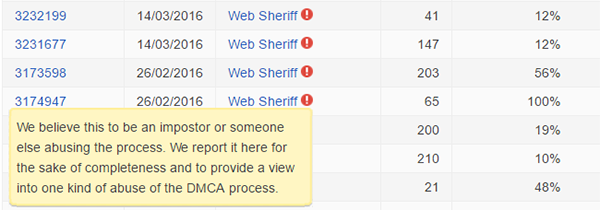
 One of copyright holders’ most-favored anti-piracy mechanisms in place today involves site-blocking. Censoring sites at the ISP level is effective, rightsholders insist, not to mention cheaper than direct legal action against pirate sites.
One of copyright holders’ most-favored anti-piracy mechanisms in place today involves site-blocking. Censoring sites at the ISP level is effective, rightsholders insist, not to mention cheaper than direct legal action against pirate sites.
